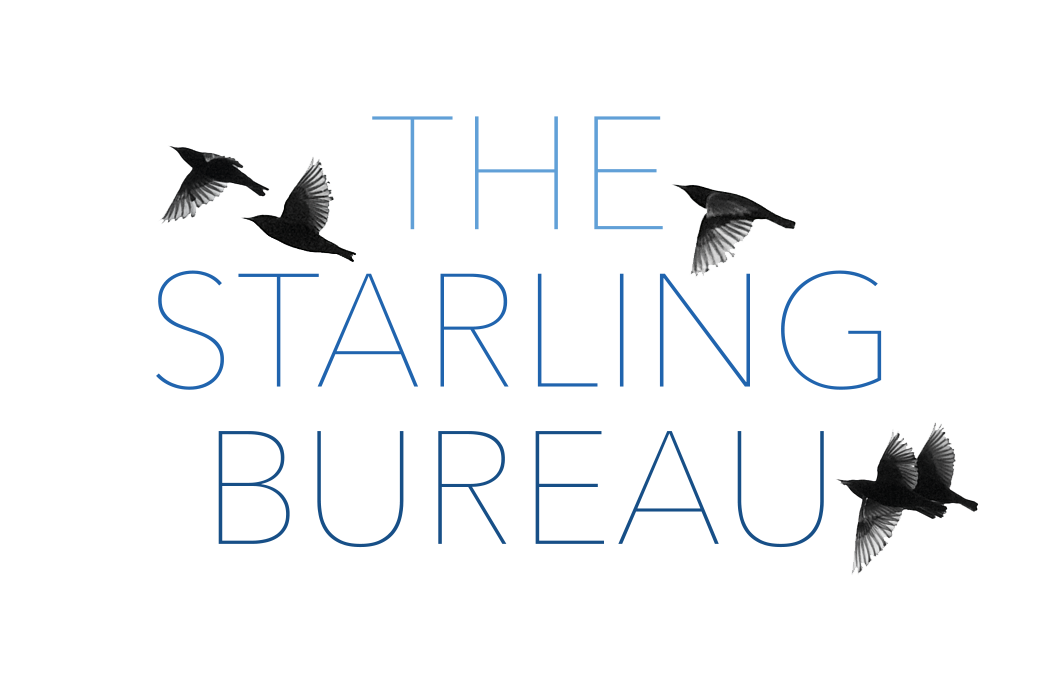Desert by Luis S. Krausz
Title: Desert
Author: Luis S. Krausz
Year of publication: 2013
Pages: 152
Publisher: Benvirá (Brazil)
World English rights available. Desert was published in German translation by Sonderzahl in 2017.
“Krausz’s short autobiographical novel, aptly named Desert, manages to condense a very complex world of emotional, family, political and cultural conflict.”
In the 1970s, at the height of Brazil’s military dictatorship, a group of Jewish teenagers from São Paulo travels to Israel to work on citrus farms and learn about the country’s history. The ultimate goal of their trip, organised by the Jewish Agency, is to persuade the teens to leave behind the worldly extravagances of the Diaspora and immigrate to Israel to settle on a kibbutz.
At the end of their trip, the teens are given a few days off, but are expressly prohibited from travelling to Europe, the continent of the Holocaust, whose bourgeois temptations could lead them astray from the path of Zionism. One boy, however, breaks the rules and sneaks away to London in search of his roots and the culture and modernity of Europe. Instead, what he finds is a matryoshka doll of exile, emptiness, ruin and silence, a homeland of absence.
Trapped between a nostalgia for the world they lost and a feeling of perpetual estrangement in a post-World War II reality, the assimilated, German-speaking Jews of Central Europe are at home nowhere in this world, except perhaps in the coziness of their own homes, filled with antique Persian rugs, German books in Gothic script, opulent meals and deadly silence. These homes, found in São Paulo, Tel Aviv, New York, Johannesburg, London and so many other cities, turn out to be the narrator’s true nationality, not the Promised Land of farming, socialism and Zionism.
An elegant tribute to the vanished world of Central European Jewish culture, Desert explores issues of displacement, exile, the power of ideology and the relationship between language and identity. In Krausz’s sinuous, polished prose, Desert asks readers: to what extent do memory and our past define us, and how can we live with the weight of these inherited stories?
Luis S. Krausz was born into an émigré Jewish family in São Paulo in 1961. He earned a Master’s degree in Classical Studies at the University of Pennsylvania and holds a PhD in Modern Jewish Literature from the Universidade de São Paulo, where he teaches Jewish and Hebrew Literature. Krausz translates German and Hebrew Literature into Portuguese, and he is the recipient of several literary prizes in Brazil, including the Benvirá Prize for Deserto, his second novel, also shortlisted for the Jabuti Prize. In 2016, his novel Bazaar Paraná, took second place in the Jabuti Prize, and his latest work, Outro lugar, won the CEPE Prize in 2017.
“Luis Krausz’s prose is fluent, clear, with long, Proustian passages.”

